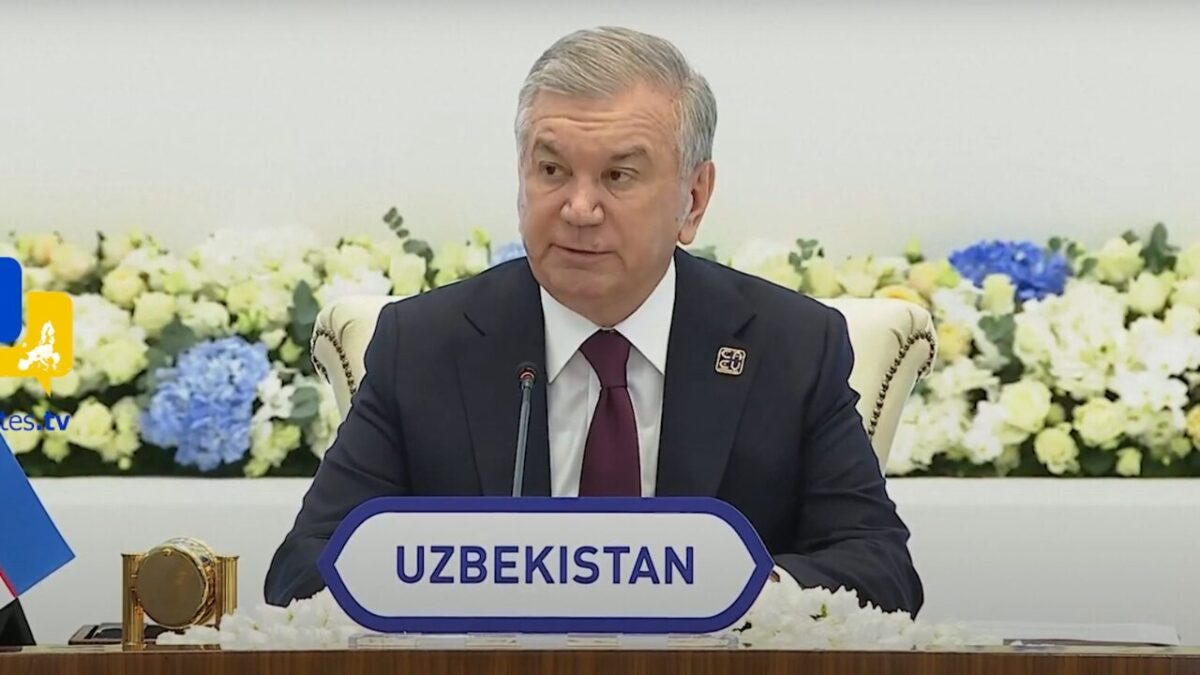President Shavkat Mirziyoyev of Uzbekistan has warned that the international community is underestimating the scale of the crisis in Afghanistan, calling for a more active and engaged response to the country’s ongoing instability.
Speaking at the first joint summit between Central Asian nations and the European Union, Mirziyoyev urged world leaders to adopt a more serious approach to the challenges emerging from Afghanistan, which continues to struggle with humanitarian, political and economic turmoil.
“The global community must take a more proactive stance,” he said, stressing that regional security and development are closely tied to conditions in Afghanistan.
Mirziyoyev emphasized the importance of Afghanistan’s participation in regional economic processes, noting that its integration could be advanced through investment initiatives, infrastructure development, and the reconstruction of social services. He called on international partners to help facilitate constructive dialogue with Afghan authorities and support the country in meeting its international obligations.
“We believe it is essential to include Afghanistan in regional economic initiatives, particularly through investment and infrastructure projects and efforts to rebuild its social sector,” he said. “We hope the necessary understanding and support will be found to enable meaningful dialogue between the international community and Afghan authorities.”
He also reaffirmed Tashkent’s commitment to continued political consultations aimed at fostering peace in Afghanistan. Uzbekistan, he said, has consistently supported Afghanistan across various sectors, including economic and humanitarian assistance, and has advocated for the country’s integration into Central Asia’s broader economic framework.
His remarks came as leaders from the EU and Central Asia concluded their summit by calling for the establishment of an inclusive government in Afghanistan.
In a joint statement, the participants stressed that Afghanistan’s future governance structure must uphold human rights and fundamental freedoms, particularly those of women, girls, and ethnic and religious minorities.





